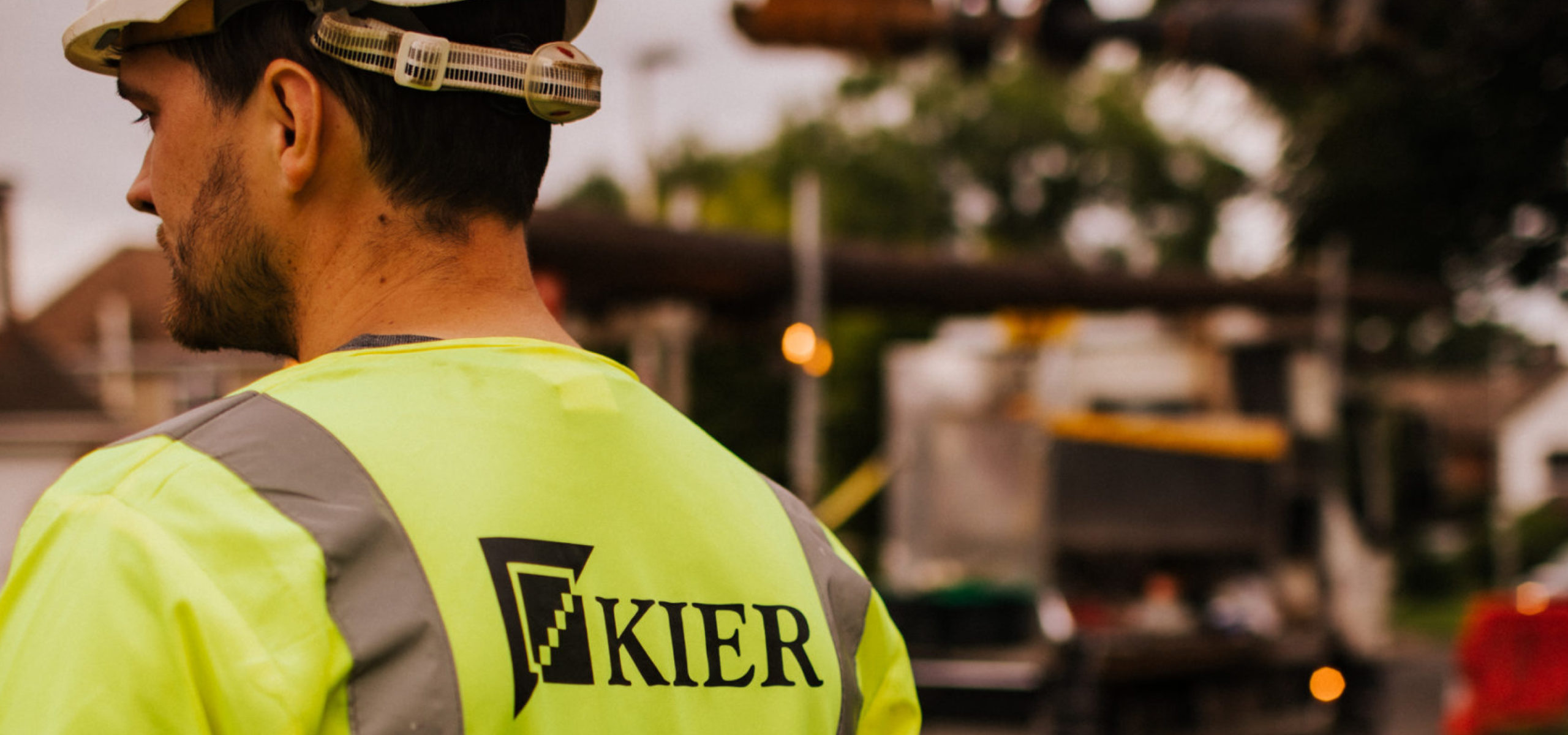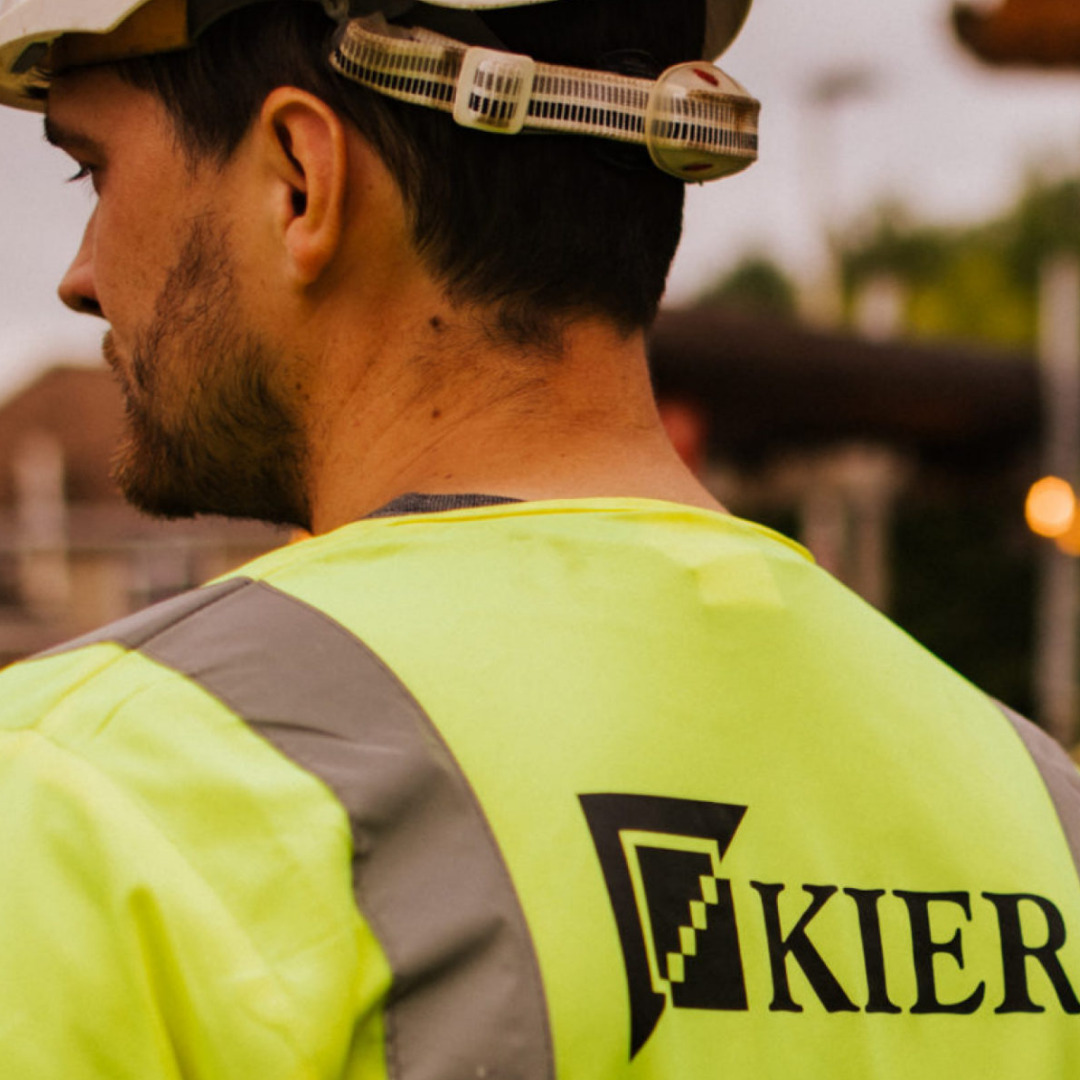About
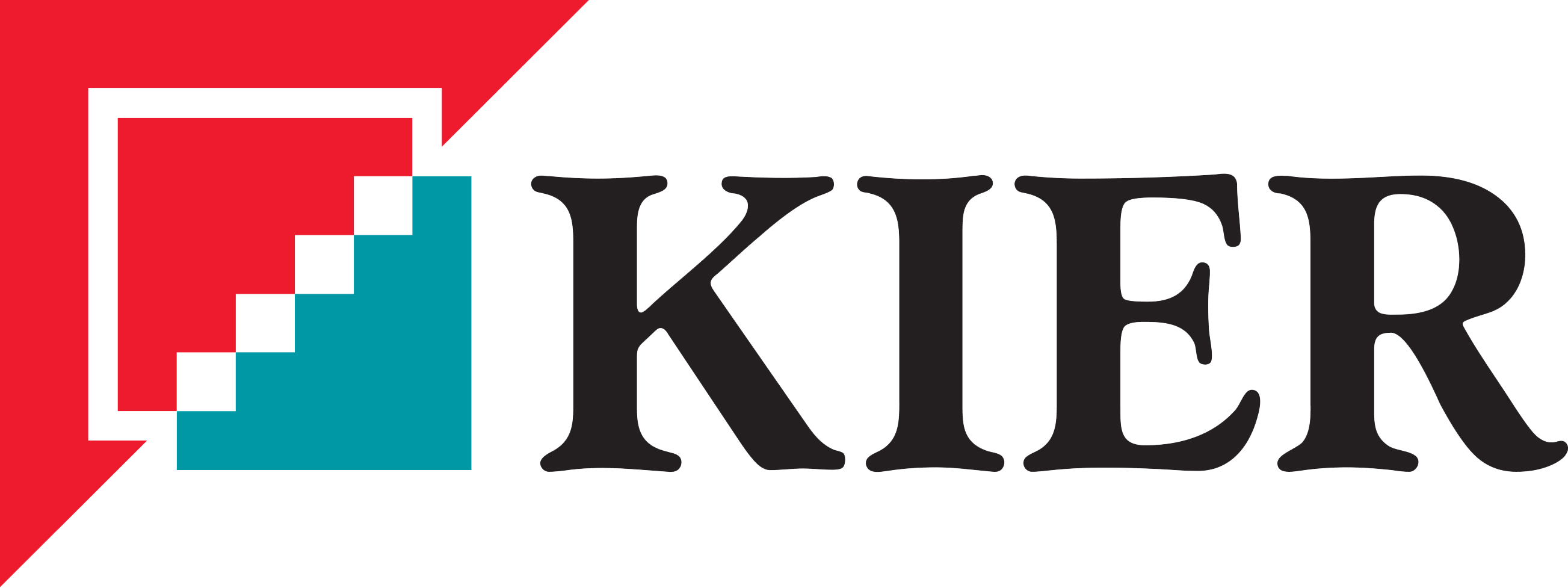
Kier’s purpose is to sustainably deliver infrastructure which is vital to the UK. They are a leading provider of infrastructure services, construction and property developments and are committed to delivering for communities and leaving lasting legacies through their work.
In 2020, Kier launched its sustainability framework, Building for a Sustainable World. It focuses on two key components; environmental sustainability and social sustainability and this approach aims to safeguard three vital features: a resilient environment, a resilient community and a resilient balance sheet.
For more information on sustainability at Kier:
SmartWaste is the leading environmental social and governance (ESG) platform for the built environment. It supports net zero carbon, circularity or social value objectives and captures biodiversity, energy, materials, transport, waste and water data.
Find out how Smartwaste can help automate your workflow.
Background
Prior to implementing SmartWaste, Kier did not have a consistent method for capturing waste data across all their projects and lacked a reliable way of viewing associated operating costs. If left to continue, this could have led to compliance risk and an impact on financial performance.
Challenges
In your view, has BREEAM Infrastructure represented value for money?
SmartWaste is the perfect tool to capture project compliance data such as waste carrier permits and licences, and waste transfer notes. It has supported Kier’s approach to sustainability, helping to enhance our reputation by demonstrating compliance and Duty of Care.
By contributing to people’s understanding SmartWaste has delivered dependable and visible processes that have resulted in greater efficiencies and lower operational costs.
Tom Howden, head of environment and sustainability, Kier Infrastructure
Solutions
Major successes
Kier adopted SmartWaste several years ago. It has been a dependable solution, enabling Kier to develop its expertise and management resource to successfully monitor and report on its sustainability status. Much of the Kier portfolio, more than 300 projects, now implement SmartWaste to manage waste obligations.
Examples of projects using SmartWaste include A13 Road Widening Project (improving the capacity of the route, on behalf of Thurrock Council), Mogden Sewage Treatment Works (upgrading the system which serves 2.1 million people across south west London), and Sofia wind farm onshore converter station (enabling the generation of enough green energy to power 1.2 million homes).
Waste management compliance and the need for Duty of Care have continued to be key drivers for the SmartWaste implementation. Kier Construction also uses SmartWaste to capture information on water and fuel usage, as well as waste, on over 170 projects each year of all sizes and complexities. Projects have included Aerospace Bristol (a new aviation museum), Reading Gateway (a strategic development generating 238 jobs and £138m of social value) and North Middlesex University Hospital (a £53.6 million redevelopment project). Site Waste Management Plan (SWMP) regulations had also been an important requirement and by using SmartWaste, this enabled Kier to efficiently discharge their responsibilities in this area.
Benefits
- 35% reduction in construction waste volume relative to turnover since 2015
- Enhanced reputation by demonstrating compliance and duty of care
- Greater efficiencies and lower operational costs
- Successfully monitor and report on its sustainability status
Next steps
Kier is putting significant effort into its carbon reporting and are currently establishing a carbon scope 3 baseline which expands its reporting scope to include materials, waste, energy, water, commuting, fuel and transport information.
Kier has set sustainability targets, as part of its ‘Building for a Sustainable World’ framework that include achieving net zero carbon across its own operations and supply chain by 2045 and eliminating avoidable waste by 2035. The accurate capture of data across its supply chain is essential to achieving these targets and the implementation of the SmartWaste Application Programming Interface (API) will be a key component to achieve this.
SmartWaste case studies
Browse the latest case studies from SmartWaste – BRE Group

How SmartWaste enhances Modern Methods of Construction (MMC)

SmartWaste and ESG reporting: driving sustainable change
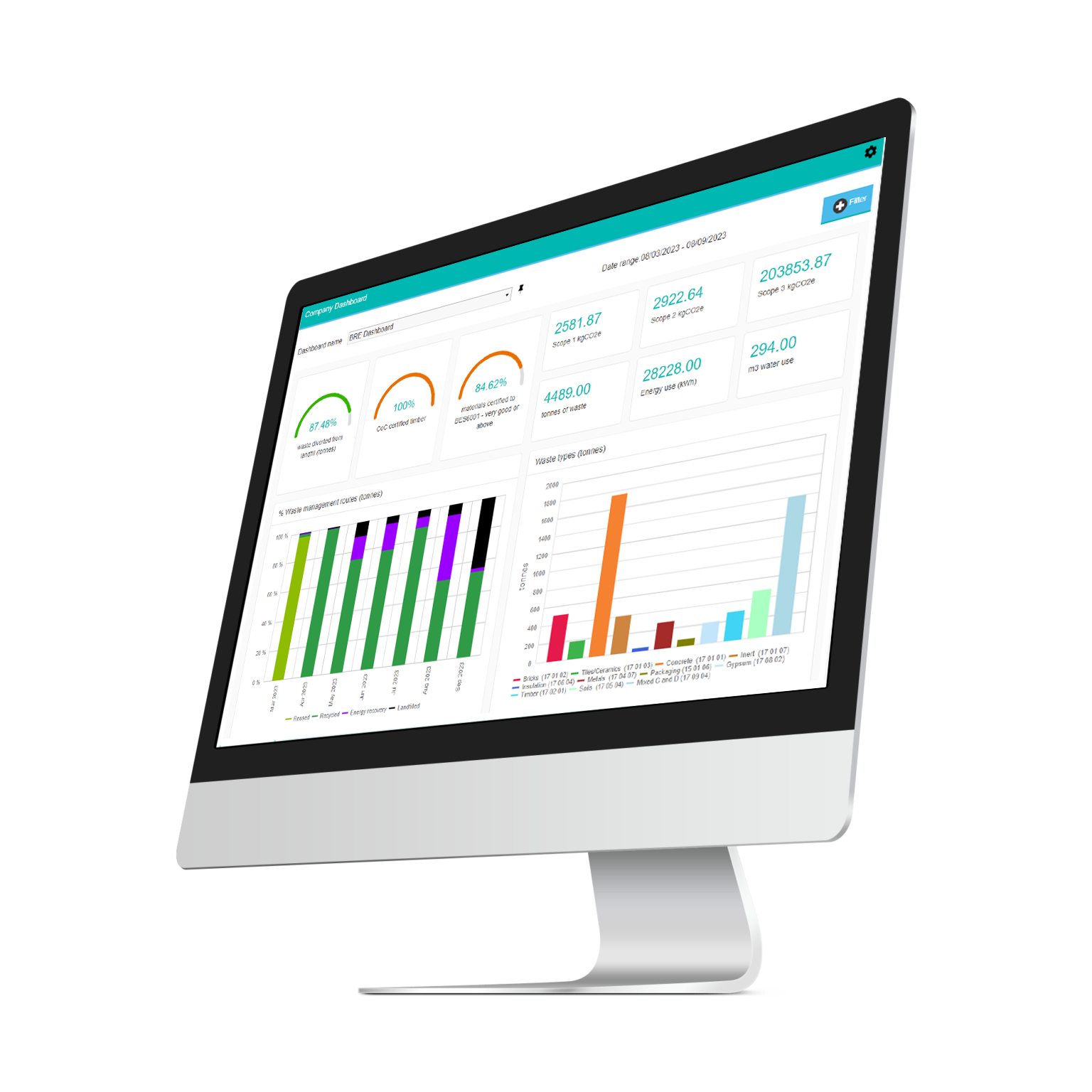
SmartWaste V11: paving the way to net zero carbon and sustainability in construction

Driving the sustainable construction revolution with SmartWaste
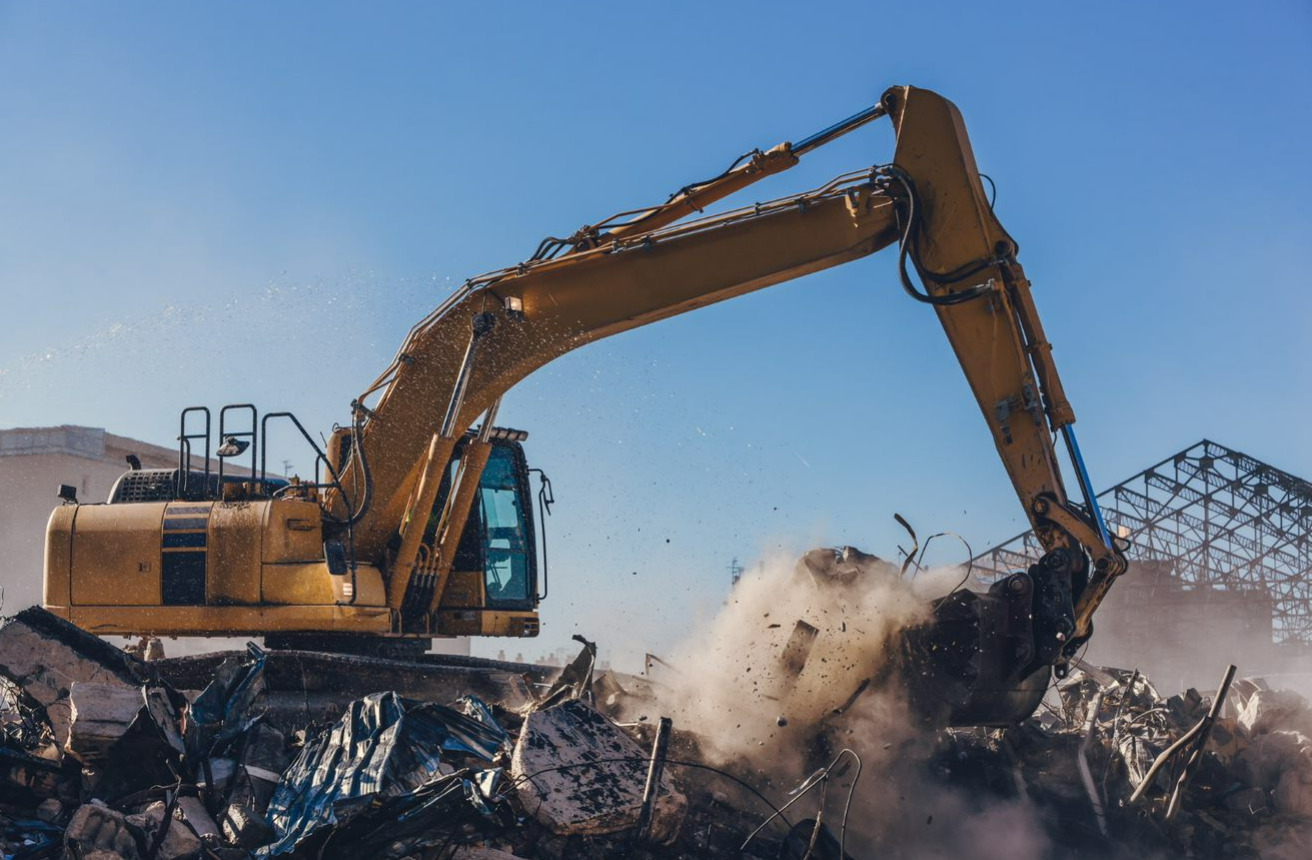
25 years of SmartWaste: a journey towards sustainability excellence

